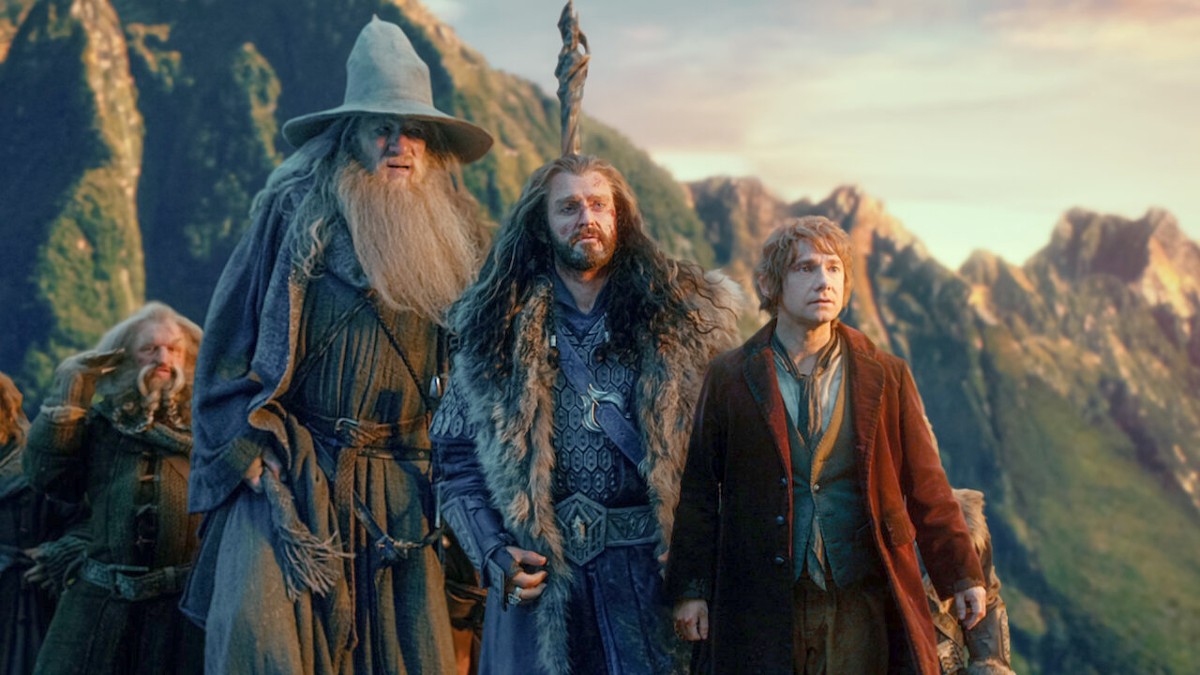Just as the Tolkien fandom was recovering from the absolute travesty of Prime Video’s The Lord of the Rings: The Rings of Power, Warner Bros. announced that it is teaming up with New Line Cinema and Embracer Group to develop new Middle-earth movies.
J.R.R. Tolkien’s fictional universe is all over the place these days. Amazon Studios claims to have bought the right to the appendices in The Lord of the Rings from The Tolkien Estate, while Embracer has just acquired Middle-earth Enterprises, effectively securing the rights to the television and movie adaptations of The Lord of the Rings and The Hobbit.
The two books together comprise a huge part of Middle-earth and its colorful characters, though how Warner Bros. intends to turn them into more films is anyone’s guess. The company is already developing an anime spinoff in the form of The War of the Rohirrim, so will these new movies be more in the vein of that project? Or will they attempt to depict The Silmarillion, whose rights still lay in the hand of the Estate?
A remake would never work and will almost certainly meet the ire of the entire fandom. A sequel is also out of the question, as those rights don’t pertain to any storylines that Tolkien didn’t explicitly outline. As things stand, the best thing we could hope for is spinoff movies sharing the same continuity with Peter Jackson’s two trilogies, from any number of narrative beats the Kiwi director glossed over while working on his adaptation.
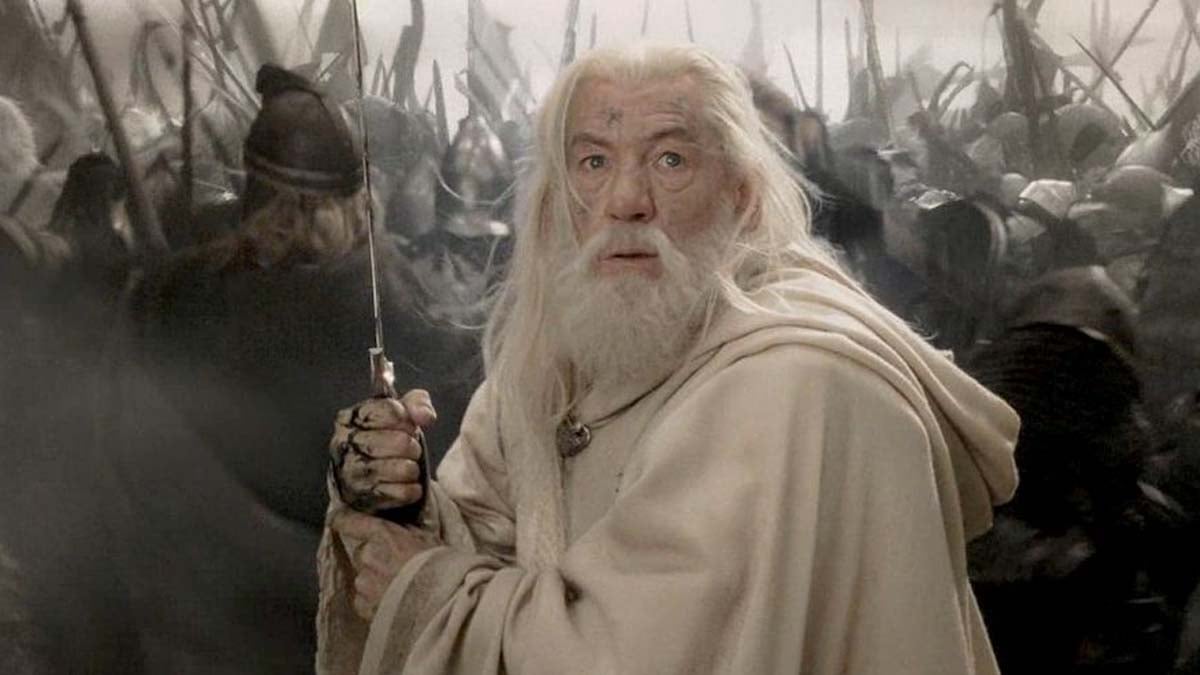
There is quite a handful of them, too. The Scouring of the Shire, the years Gandalf and Aragorn spent in the wilderness hunting Gollum, and even the skirmish between the Rohirrim and Saruman’s Uruk-hai that served as the prelude to The Two Towers.
Then there’s the epilogue, detailing the timeline of the Fourth Age and the events following The Lord of the Rings. In it, our favorite characters go on to have some adventures of their own. The Hobbits rule over the Shire, Aragorn reinstates Arnor and unites the two kingdoms of men, and Legolas and Gimli spend a few decades together and visit the Dwarven realms to the north before departing Middle-earth for the Undying Lands.
If it comes down to it, any of these plot points could serve as the backdrop for these new films, but another more important question is if they’ll live up to the reputation of The Lord of the Rings or become a subpar failure like The Hobbit.
Now that Middle-earth is having a hard time justifying its presence in the live-action world, the task of ensuring a quality production is even more important. In the words of Galadriel, this fictional universe “stands upon the edge of a knife. Stray but a little and it will fail to the ruin of all.”
Here are some things Warner Bros. can do to avoid that.
More production time
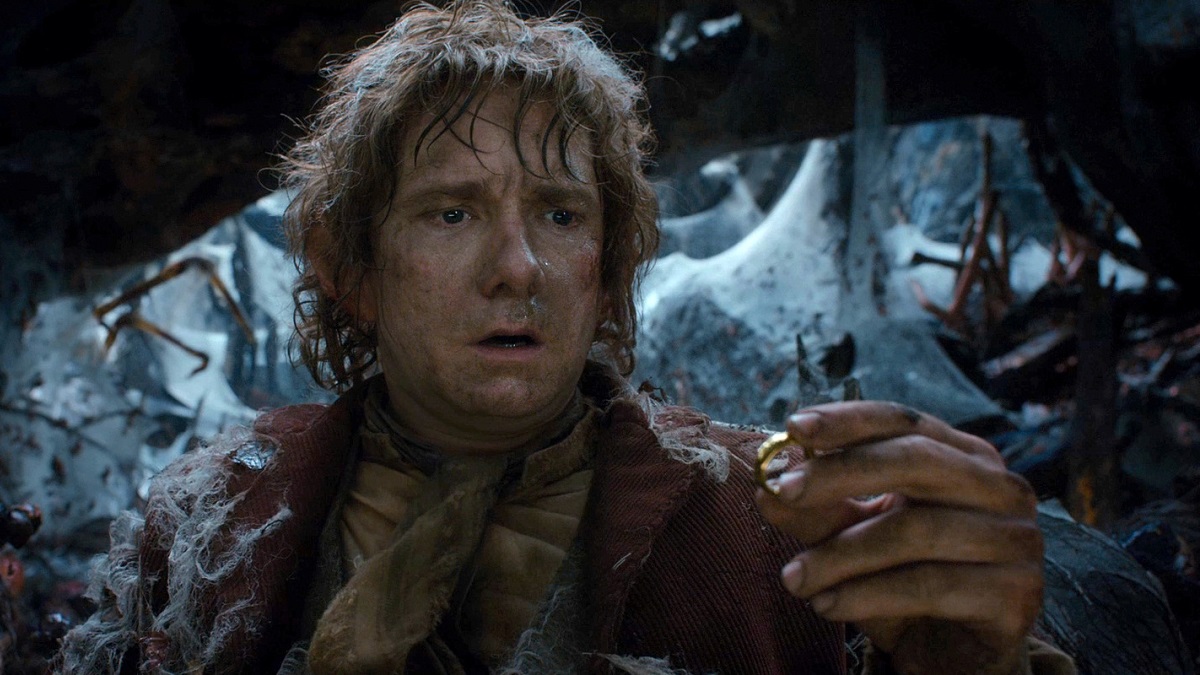
It’s common knowledge now that The Hobbit trilogy failed due to Warner’s unwillingness to give Peter Jackson more time. The project started out as Guillermo del Toro’s brainchild, and though it spent many months in pre-production, it never saw the light of day. The shooting was delayed over and over again until del Toro called it quits and never looked back. With everything falling apart, there was no one more suited to the task than Peter Jackson, who had already turned The Lord of the Rings into a timeless success story.
Except, when Jackson agreed to shoot The Hobbit, he had a limited timeframe to assemble his team, dismantle del Toro’s script, and develop a movie in line with his previous trilogy.
There was simply not enough time to go over everything multiple times and course-correct the process at every step, as was the case with The Lord of the Rings. Jackson would’ve asked for more time, but the company was adamant to get these movies out every year, a notion that many filmmakers today would simply laugh at because of how impossible it is.
There was a point while shooting The Battle of the Five Armies that Jackson simply reached an insurmountable block, so he had to ask the team to take a long breather to sort things out. You can glimpse the full breadth of these production struggles in this BTS video from The Hobbit DVDs.
The foremost issue Warner Bros. would do well to remember is to give the new team ample time to fine-tune their creative vision for the project. Of course, that alone wouldn’t guarantee the success of the new films. Amazon gave The Rings of Power crew more than five years and what they ultimately came up with fell short of being mediocre, and that’s putting it mildly… which brings us to the next point.
Remaining faithful to the source material
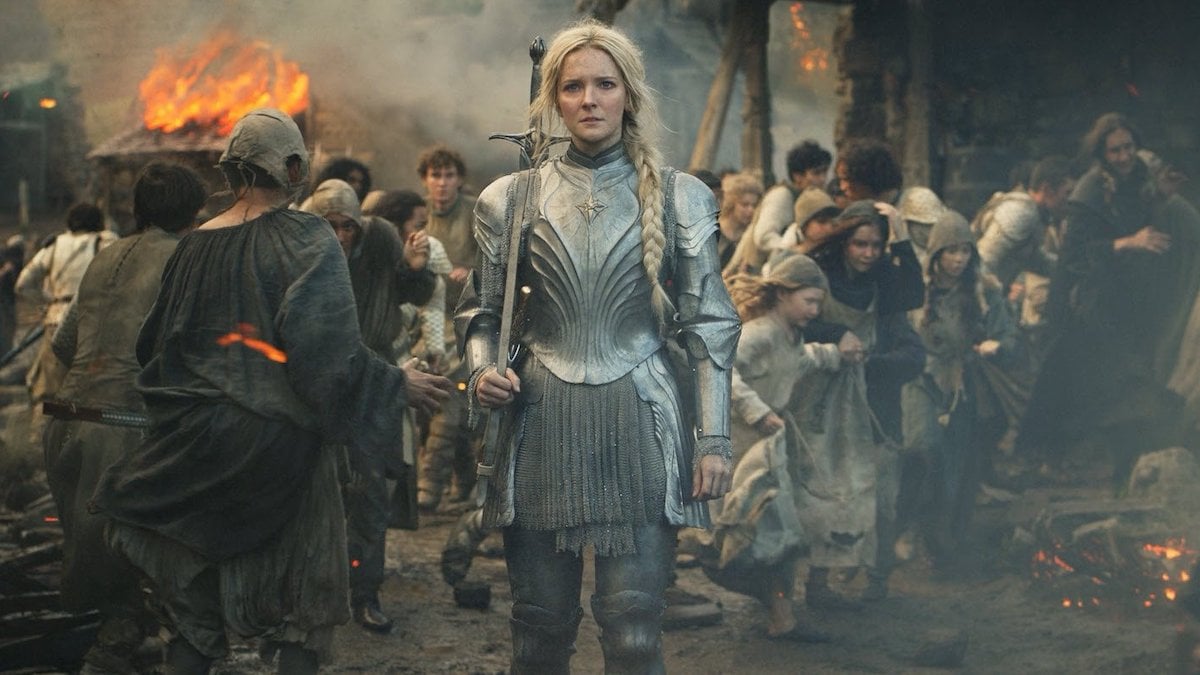
Both The Hobbit and The Rings of Power made the mistake of deviating too much from the source material, which is strange when you think about all those times the Amazon producers were boastful about their faithfulness to J.R.R. Tolkien’s vision.
Warner Bros. erred in the same way, though in the case of the second trilogy, this had more to do with trying to fill out nine hours of runtime with a 300-page book. With The Rings of Power, the Prime Video writers simply failed to grasp what made some Lord of the Rings characters relatable for audiences. Their Galadriel, for instance, has a lot of room for character growth but undermines the qualities that made the heroine stand out in the first place.
If Warner Bros. wishes to resurrect the Fellowship, then they need to do it right and capture them in the same light Peter Jackson did two decades ago.
Avoiding filler plot threads
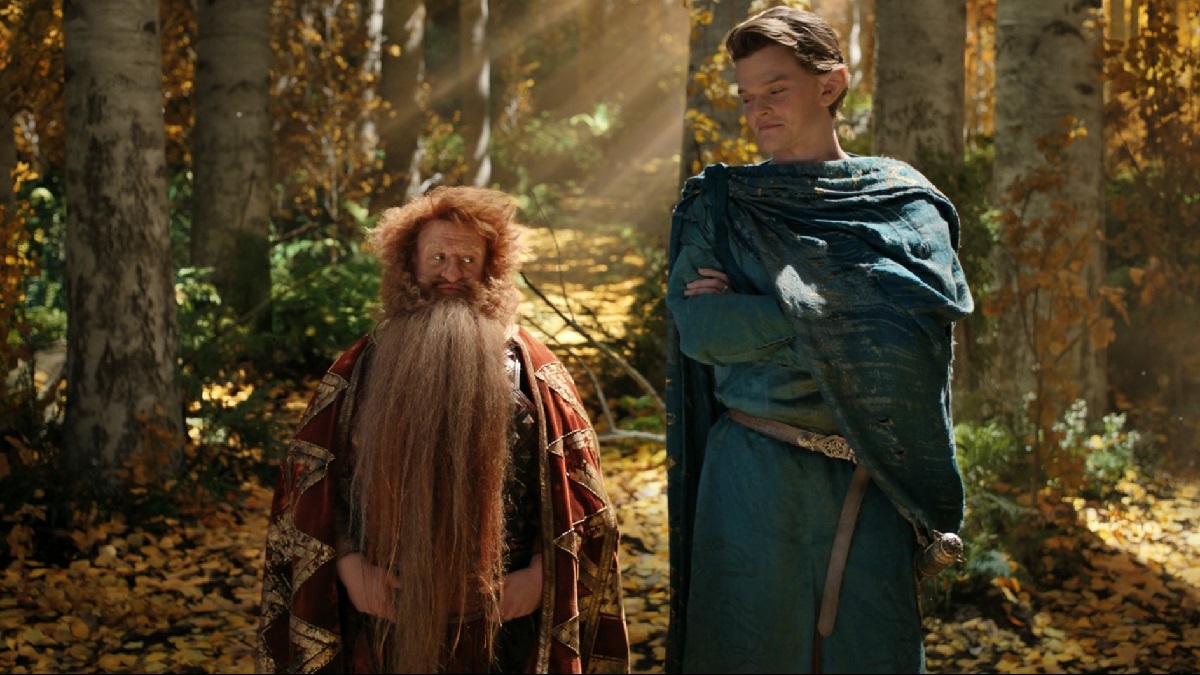
Do you really need an unnecessarily complicated love story between a Dwarf and an Elf to get things going, even if they have no chemistry whatsoever? Warner Bros. should work very hard to avoid making the same mistake as they did in The Hobbit with the characters of Tauriel and Kili.
Whichever plot line they choose to adapt, the writers need to justify the length by the merit of its own potential, not through all the secondary narrative beats they can incorporate into it to tick off a box on a checklist.
If your story is about Galadriel and Sauron, then your story should be about Galadriel and Sauron. A little Misty Mountains side quest with a comic relief Dwarven prince and a legendary Elven figure will get you nowhere, even if they do happen to be the best thing about the story. (The fact that Durin and Elrond’s plotline works amidst all the other terrible aspects of The Rings of Power doesn’t vindicate its pointlessness. It’s just one more disconcerting thing to realize about what’s arguably the worst attempt to adapt Tolkien since his death in 1973.)
Going for novel stories from The Silmarillion
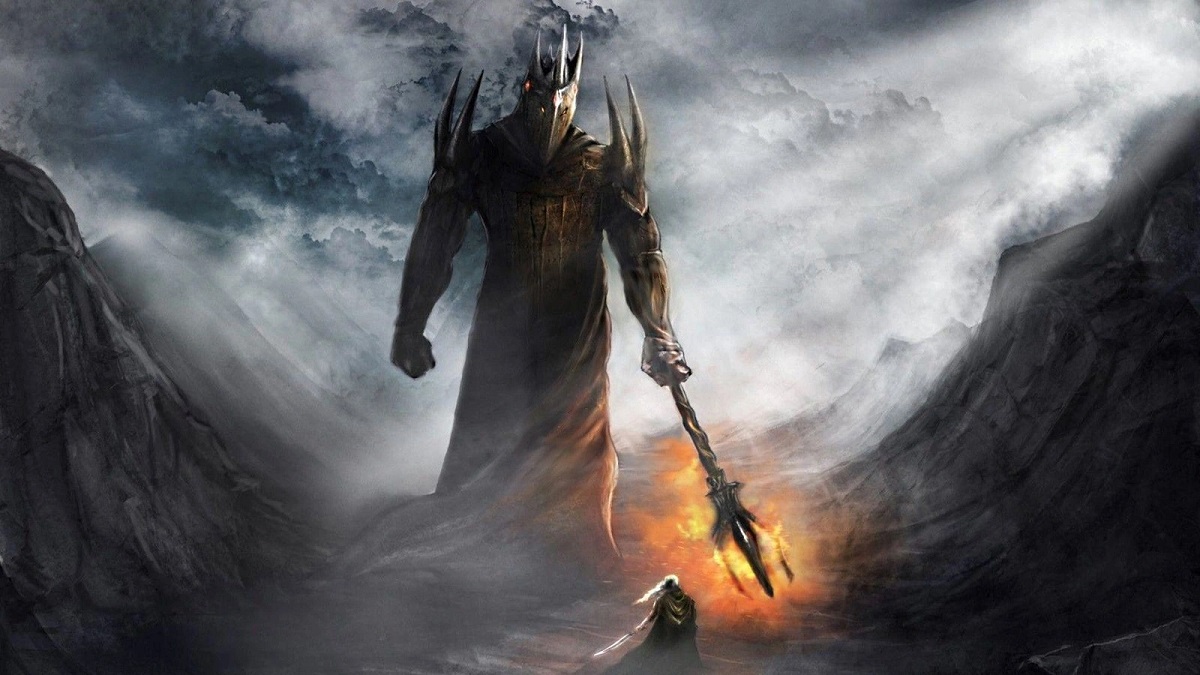
If Warner Bros. wants to have a real shot at a Lord of the Rings movie, then it should forsake the main book and anything that reminds people of the Third or the Second Age. Yes, the company currently doesn’t have the rights to The Silmarillion, but perhaps it could work with Embracer to strike a deal with The Tolkien Estate.
Frankly, The Lord of the Rings has already been adapted numerous times in both anime and live-action forms. And almost every cinemagoer can agree that it simply doesn’t get any better than Peter Jackson’s trilogy, so in its vain attempt to up the ante, Warner Bros. would just end up shooting itself in the foot.
Tossing remakes out of the window only leaves us with spinoffs, which won’t be nearly as exciting or hype-inducing as the company expects them to be. A solo film centering around Aragorn or one of the other Ring-bearers? Sure, it will be joyous to see these beloved characters again after so long, but what will the story even center around?
No matter how compelling Tolkien’s characters are, The Lord of the Rings ultimately isn’t a character-centric story. Middle-earth needs themes, symbols, and an overarching narrative to thrive, and we can’t see smaller stories like spinoffs encompassing those required elements.
The Silmarillion, on the other hand, is a fruit ripe for picking. Adapting the story of creation will be almost impossible due to its sheer size, but the more we think about it, the more we realize it might be Warner’s only viable course of action.
Understanding the fandom and their expectations
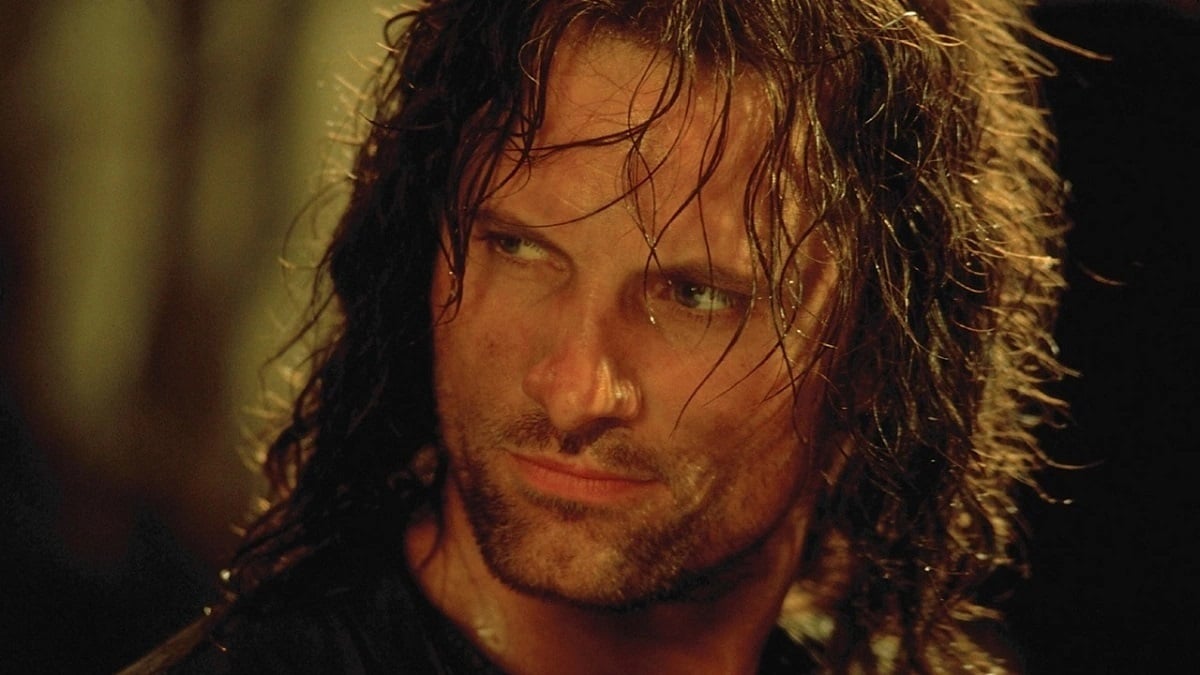
This entire undertaking will crash and burn if Warner Bros. fails to understand the Tolkien fandom. Alas, the company has showcased that they may be incapable of that by announcing these new movies in the first place.
Perhaps the executives are arrogant enough to think that their venture will somehow evade the pitfalls experienced by Amazon’s The Rings of Power. But the truth is that treating Tolkien’s world like any other popular IP out there is a mistake.
The Lord of the Rings might be the cornerstone of modern fantasy, but the work itself counts among the great classics of literary storytelling. In simple terms, this isn’t Marvel, Star Wars, or any number of other franchises that can spawn a live-action universe of its own.
Tolkienists don’t appreciate it when companies look at the story as a commercial product, so before developing any projects, Warner Bros. should understand how the world looks upon The Lord of the Rings and its legacy in the entertainment world, lest they end up in a mire more treacherous than what Amazon has to contend with now.

